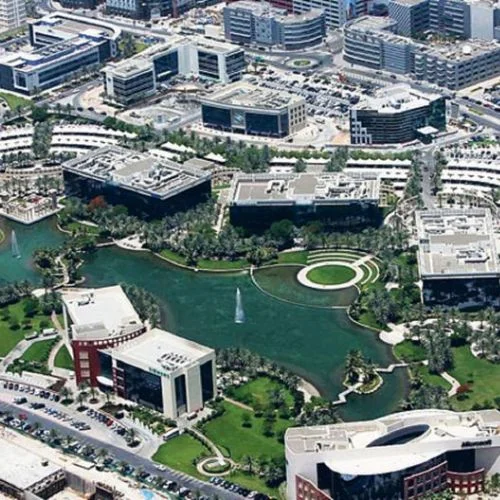Prime Minister Narendra Modi stressed the need of developing a rules-based international order in his speech at the Asean-India Summit and East Asia Summit in Jakarta following the COVID-19 summit.
His comments came amid rising worries about China’s territorial assertiveness, which were underlined by Beijing’s publication of a contentious map that claimed territory of other countries as part of China.
In opposition to the Chinese map, there have been protests from Taiwan, Vietnam, Malaysia, Indonesia, Japan, India, and Japan.
During the Asean-India Summit, Prime Minister Modi put up a 12-point plan to improve relations with the Association of Southeast Asian Nations’ (Asean) 10 member states. He emphasised the need of supporting the voices of the Global South and maintaining an open and free Indo-Pacific area as common goals. According to a story in the Hindustan Times, he claimed that India is committed to cooperating with all Asean nations to accomplish these aims.
“The 21st century is the century of Asia. This is our century. This requires the creation of a rules-based post-Covid world order, and everyone’s effort for human welfare,” he said at the Asean-India Summit, speaking in Hindi.
Chinese Premier Li Qiang was present at the East Asia Summit, and Modi’s statements there were unusually blunt. to well to significant conversation partners including Australia, China, Japan, Russia, and the US, the EAS comprises ASEAN member nations.
“It is imperative to adhere fully to international laws, and everyone’s commitment and joint efforts are also necessary to strengthen the sovereignty and territorial integrity of all countries,” Modi told the EAS.
“As I have said before – today’s era is not of war. Dialogue and diplomacy is the only path to resolution,” he added, speaking again in Hindi.
In addition, Modi reminded the EAS that in an unpredictable world, multilateralism and a rules-based global order are crucial for addressing problems like terrorism, extremism, and geopolitical disputes.
“The need of the hour is an Indo-Pacific where international law, including UNCLOS, applies equally to all countries; where there is freedom of navigation and overflight; and where there is unimpeded lawful commerce for the benefit of all,” he said.
Modi further said that the Code of Conduct for South China Sea being negotiated by Asean states and China “should be effective and in accordance with UNCLOS” or United Nations Convention on the Law of the Sea. “Additionally, it should take into consideration the interests of countries that are not directly involved in the discussions,” he added.
He described the EAS as the only leaders-led mechanism for cooperation on strategic matters in the Indo-Pacific that also plays a “pivotal role as the primary confidence-building mechanism in Asia“.















